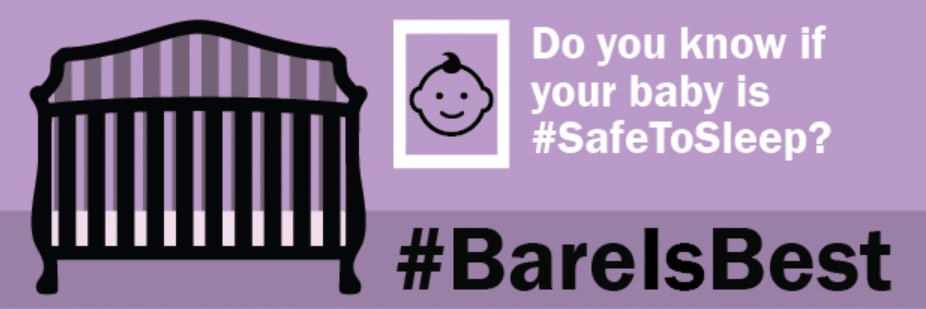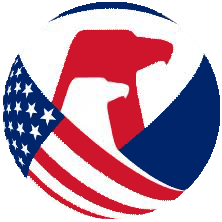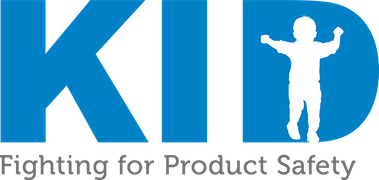Product Hazards – Crib Bumpers

It is always best to remove all loose and fluffy bedding from your baby’s sleep area. This includes bumper pads, sleep positioners, pillows, blankets, comforters, and stuffed toys. Soft bedding can pose an unnecessary suffocation hazard to children, as well as limit fresh air causing a potentially fatal buildup of exhaled air (carbon dioxide) that when re-breathed is one of the leading cause of SIDS.
Crib bumpers, or bumper pads are not safe for infants. They can pose suffocation, strangulation, and choking hazards. They pose a suffocation risk if a baby’s face is pressed against the bumper or wedged between the bumper and the crib side or mattress. Additionally, bumpers have been recalled because the strings used to attach them to the crib can pose a strangulation hazard, or detach and pose a choking hazard. Between 1990 and 2016, the CPSC reported 107 fatal and 282 non-fatal incidents involving bumper pads. Following the report, CPSC commissioner released a statement calling bumper pads “deadly clutter” in our nation’s cribs. Kids in Danger recommends removing bumper pads and other soft items from your child’s crib. In May 2022, in a major victory for infants and parent-advocates, Congress passed the Safe Sleep for Babies Act which bans the sale and manufacture of padded crib bumper pads.
Play yard mattresses are thin for a reason. The play yard is a flexible structure. Adding extra padding, foam or mattresses to the play yard can cause babies to suffocate in one of the following ways:
- The baby can get his or her face stuck in the added mattress or other soft items, or
- Because of the extra additions, the flexible sides of the play yard can be pressed out. This creates dangerous and deadly gaps between the side and the added material in which a baby can get trapped.
When it comes to cribs, KID advocates that #BareisBest. The crib should only have a fitted sheet — there should be no soft bedding and no crib bumpers.
Report an Injury or Incident to SaferProducts.gov
Do you have a product injury or incident to report? Use the button below to contact
SaferProducts.gov and help other people avoid similar experiences.

